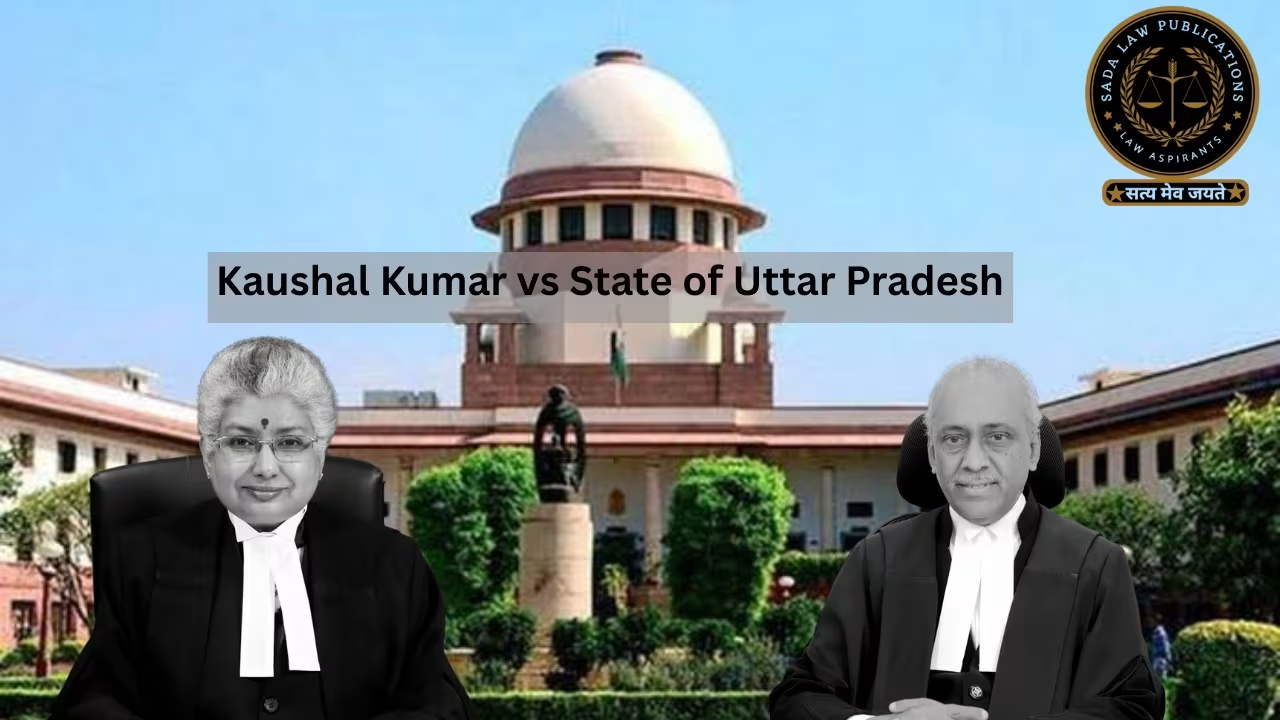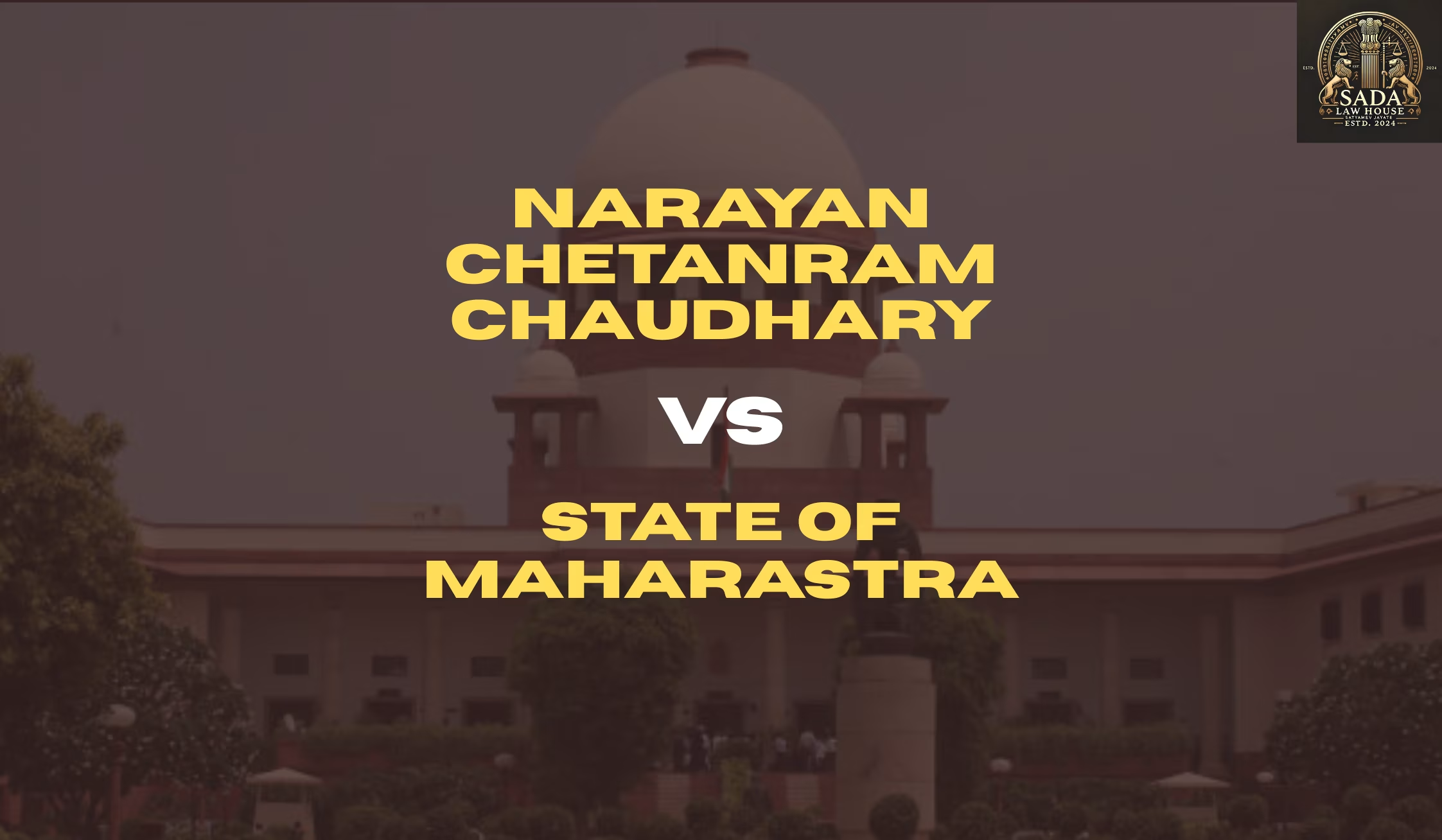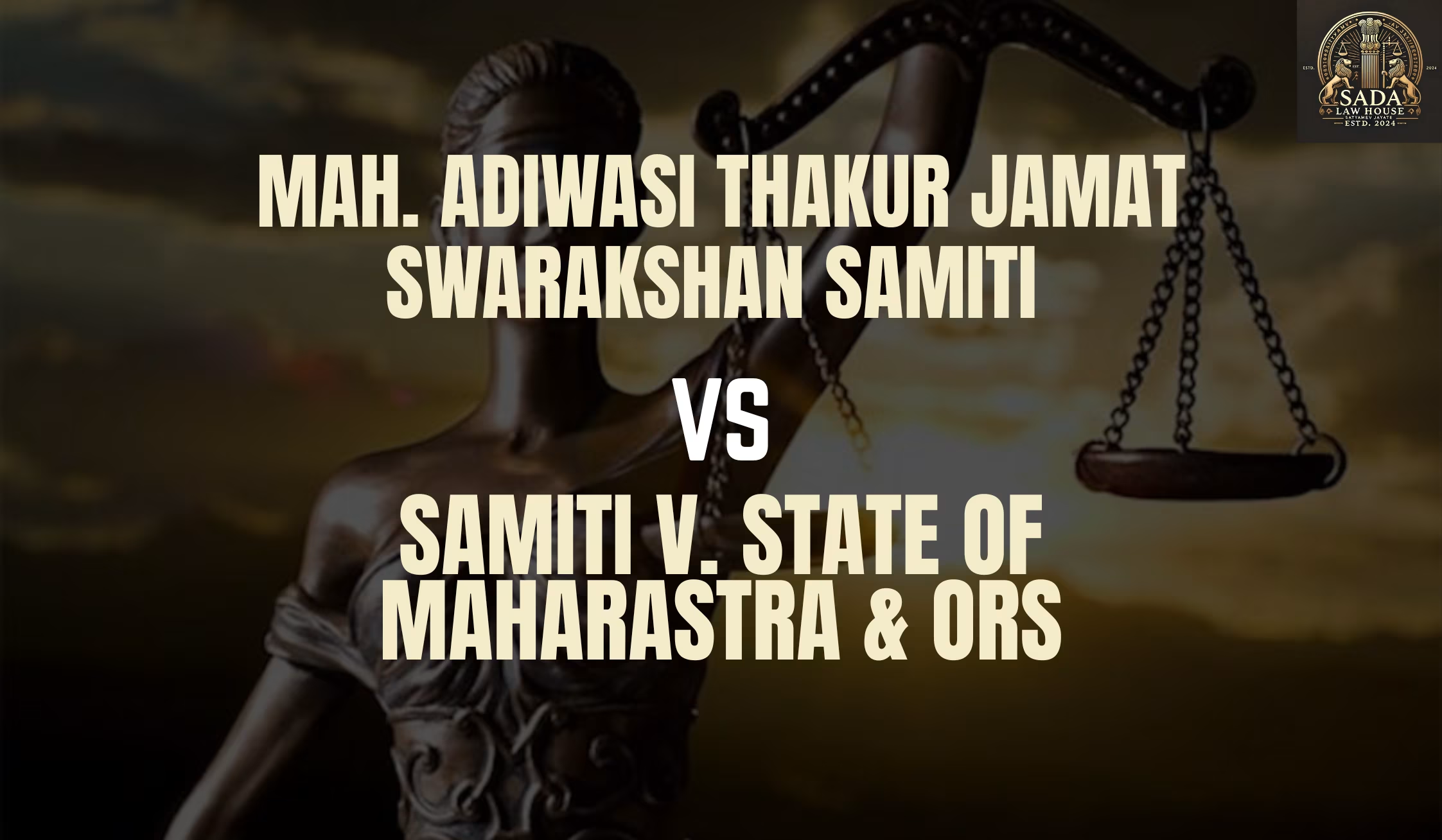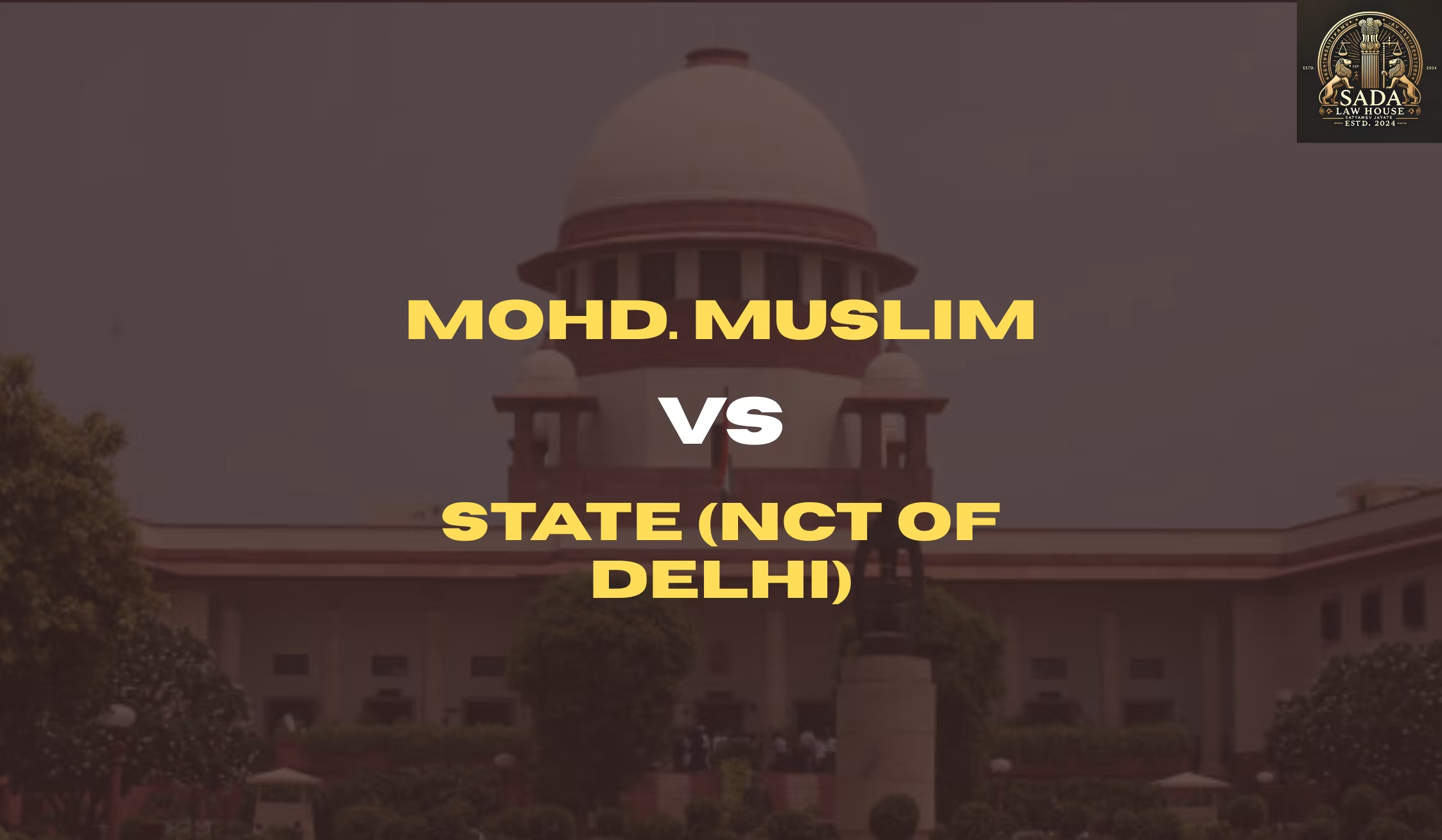Kaushal Kumar vs State of Uttar Pradesh: Supreme Court’s Landmark Verdict on Free Speech and Right to Dignity
- NITU KUMARI
- 26 Apr 2025

Explore the landmark Supreme Court of India judgment in Kaushal Kumar vs State of Uttar Pradesh, where the balance between free speech and the right to dignity was carefully examined. Understand its impact on Indian constitutional law and future legal interpretations.
Introduction: A Landmark Ruling on Free Speech and Dignity
In the pivotal case of Kaushal Kumar vs State of Uttar Pradesh (2023), the Supreme Court of India addressed a delicate constitutional dilemma: balancing the right to free expression with the right to dignity.
Decided by Justices B.V. Nagarathna and V. Ramasubramanian, this judgment has lasting implications for India’s legal system and democracy.
The Background of Kaushal Kumar’s Legal Battle
The case arose from a speech made by a minister in Uttar Pradesh that contained remarks perceived as insulting towards a minority community.
Kaushal Kumar, feeling deeply aggrieved, filed a complaint seeking to defend personal dignity against the misuse of freedom of speech.
This was not just a personal legal fight but a broader call to protect individual dignity in democratic discourse.
The journey to the Supreme Court became a test of constitutional values and evolving societal norms, challenging the judiciary to define the boundaries of fundamental rights.
Key Legal Issues Before the Supreme Court
The Core Question: Freedom of Speech vs Right to Dignity
At the heart of the case was a vital constitutional query:
Where does the right to free expression end, and the right to dignity begin?
The Court faced the complex task of ensuring that the freedom to express opinions does not overshadow the fundamental respect owed to every citizen.
Recognizing that both rights are essential strands of the Indian Constitution, the Court emphasized that freedom of speech must coexist with the obligation to respect human dignity.
Supreme Court’s Verdict: Balancing Rights with Responsibility
In a nuanced decision, the Supreme Court ruled that while free speech is a cornerstone of democracy, it carries with it a corresponding responsibility.
The Court found that the minister’s remarks crossed the line of legitimate discourse and violated the petitioner’s inherent right to dignity.
By reinforcing that expression must be tempered with empathy and respect, the Court set a crucial precedent:
Freedom of speech is not an absolute license and must not infringe on another’s self-worth.
The Right to Dignity: A Fundamental Constitutional Value
The Court’s analysis highlighted that dignity, although not explicitly mentioned in the Constitution, is deeply embedded within the rights to life and personal liberty under Article 21.
It asserted that dignity involves more than just physical well-being — it encompasses respect for one’s identity, self-worth, and equality in all spheres of life.
This ruling strengthens the constitutional fabric by emphasizing that safeguarding dignity is essential for nurturing a just, equitable, and democratic society.
Impact on Future Jurisprudence
The Kaushal Kumar judgment is set to become a guiding light for future cases where freedom of speech and dignity intersect.
Courts across India are likely to refer to this precedent when addressing disputes involving personal insult, hate speech, or defamation.
Moreover, the ruling urges policymakers, scholars, and citizens to promote a culture of respectful dialogue while preserving the vibrancy of free speech.
Public Reaction and Scholarly Analysis
The judgment has ignited passionate discussions among human rights activists, legal scholars, and free speech advocates.
While many hail it as a milestone for protecting human dignity, others express concern about its potential chilling effect on free expression.
Nevertheless, the debate it sparked underscores its significance in shaping future legal discourse and societal values.
Conclusion: A New Chapter in India’s Constitutional Journey
The Supreme Court’s decision in Kaushal Kumar vs State of Uttar Pradesh reaffirms India’s commitment to both freedom and fairness.
It stands as a testament to the judiciary’s role in carefully balancing competing rights and guiding society towards respectful coexistence.
As citizens and legal enthusiasts, staying informed about such landmark rulings enriches our understanding of India’s evolving democratic values.
Watch and Learn More
🎥 Watch the detailed video on the Kaushal Kumar Case
References
Kaushal Kumar vs State of Uttar Pradesh Case Summary – iPleaders
Safeguarding Justice and Upholding Rule of Law – Legal Service India
Case Laws






